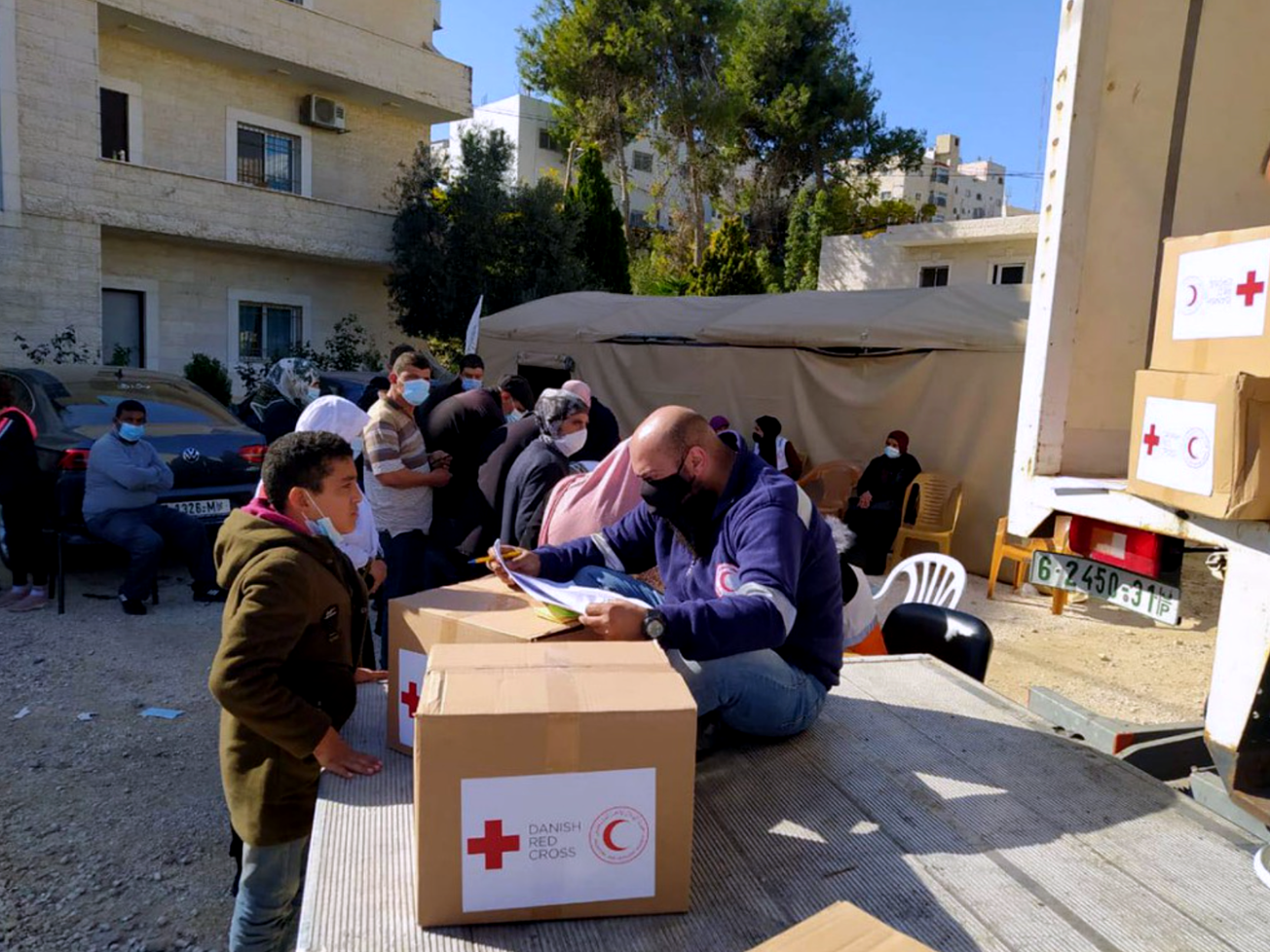The U.N.'s top court ordered Israel to do everything possible to prevent more civilian loss of life by improving the humanitarian situation in Gaza.
The International Court of Justice issued two provisional measures on Thursday in South Africa's case alleging Israeli military forces have committed genocide in Gaza since the Oct. 7 surprise attacks by Hamas.








